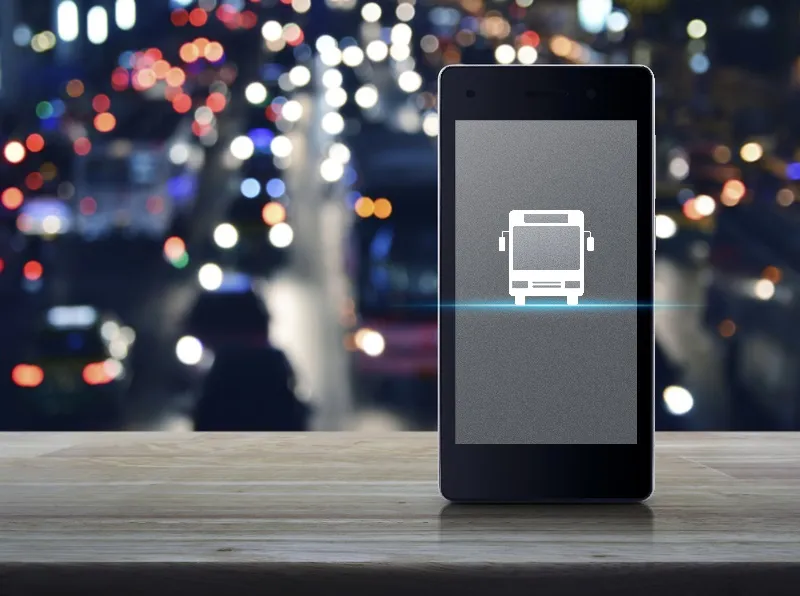Twenty European organisations have joined forces to establish the first Mobility as a Service (MaaS) Alliance. This new initiative will work towards a truly European and common approach to MaaS through public and private stakeholder cooperation, providing the basis for the economy of scale needed for a successful implementation in Europe.
The Alliance will be officially launched in the Finnish Pavilion (C37) at the ITS World Congress in Bordeaux on 6 October at 1300.
The key concept behind MaaS is to
October 6, 2015
Read time: 3 mins
Twenty European organisations have joined forces to establish the first Mobility as a Service (MaaS) Alliance. This new initiative will work towards a truly European and common approach to MaaS through public and private stakeholder cooperation, providing the basis for the economy of scale needed for a successful implementation in Europe.
The Alliance will be officially launched in the Finnish Pavilion (C37) at the6456 ITS World Congress in Bordeaux on 6 October at 1300.
The key concept behind MaaS is to put users, both travellers and goods, at the core of transport services, offering them tailor-made mobility solutions based on their individual needs. This means that, for the first time, easy access to the most appropriate transport mode or service will be included in a bundle of flexible travel service options for end users.
The MaaS Alliance builds upon the momentum and drive achieved during the last438 European ITS Congress in 2014 hosted by Helsinki, where MaaS received political support from the Finnish government. “MaaS is a new approach to changing mobility markets. It relies on existing and developing transport services and has huge chance for global scaling”, says the originator of the concept Sampo Hietanen, CEO of ITS Finland.
According to Rasmus Lindholm, Ertico’s director of Communications and Partnership Development, MaaS has the potential to fundamentally change the behaviour of people in and beyond cities; hence it is regarded as the biggest paradigm change in transport since affordable cars came into the market.
Founding partners of the Mobility as a Service Alliance include Aalborg University,4793 AustriaTech, 5650 Ericsson, 374 ERTICO – ITS Europe, Federation International de l’Automobile (FIA) Region I, Finnish Ministry of Transport and Communications, Helsinki Business Hub, IRU, 6784 Connekt, 7350 ITS Finland, 5497 ITS Sweden, ITS Ukraine, MOBiNET, National Mobile Payment Plc. (Hungary), Swedish Ministry of Enterprise and Innovation, Finnish Funding Agency for Innovation (Tekes), 1466 Transport for London, Vinnova, University of Tampere and 4186 Xerox.
"Bundling services to simplify access to mobility is a key step to ensure the best use of all modes of transport.8054 FIA Region I call upon the transport community to develop and combine these services based on the public’s concrete needs. In the FIA, we believe mobility must be safe, sustainable, accessible and affordable for all”, says Jacob Bangsgaard director general FIA Region I.
The Alliance will be officially launched in the Finnish Pavilion (C37) at the
The key concept behind MaaS is to put users, both travellers and goods, at the core of transport services, offering them tailor-made mobility solutions based on their individual needs. This means that, for the first time, easy access to the most appropriate transport mode or service will be included in a bundle of flexible travel service options for end users.
The MaaS Alliance builds upon the momentum and drive achieved during the last
According to Rasmus Lindholm, Ertico’s director of Communications and Partnership Development, MaaS has the potential to fundamentally change the behaviour of people in and beyond cities; hence it is regarded as the biggest paradigm change in transport since affordable cars came into the market.
Founding partners of the Mobility as a Service Alliance include Aalborg University,
"Bundling services to simplify access to mobility is a key step to ensure the best use of all modes of transport.









